consumer
Latest
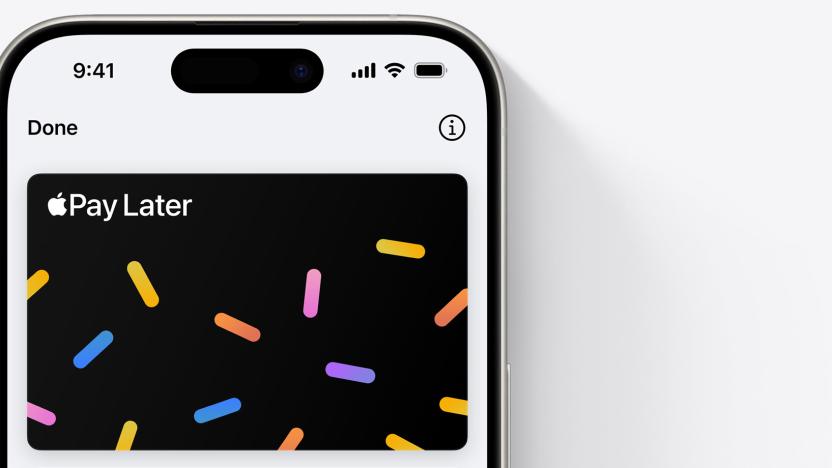
Apple Pay Later is available to everyone in the US
Apple Pay Later, which splits purchases into four equal payments over six weeks, is now available to iPhone and iPad users in the US.
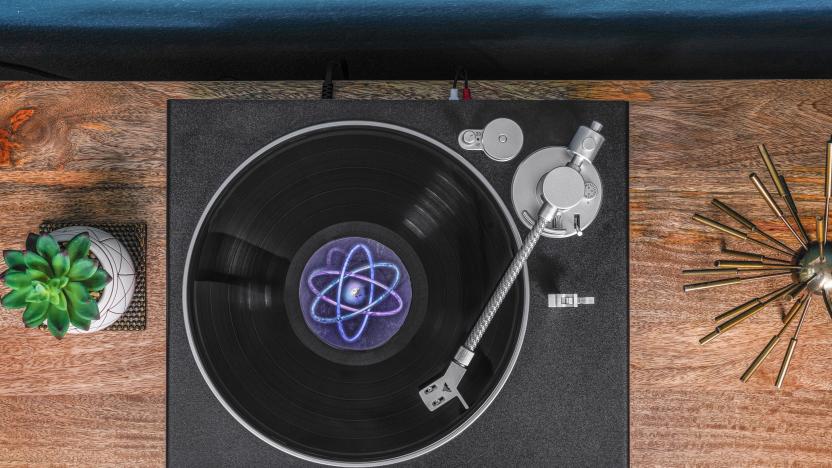
Victrola's new Hi-Res wireless turntables won't require a Sonos setup
Victrola's new Hi-Res Carbon and Hi-Res Onyx both have built-in Qualcomm audio hardware that will connect to any Bluetooth speakers or headphones. This audio hardware upgrade is a major shift for Victrola.
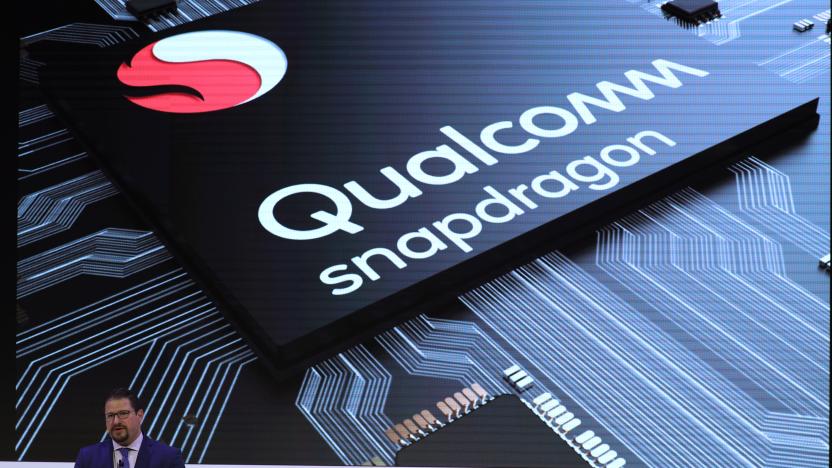
UK lawsuit asks Qualcomm to pay $680 million to Apple and Samsung phone owners
Qualcomm is being sued by UK consumer association Which? for £482.5 million in damages over its alleged violation of competition law.

Apple Watch Series 3 discounted to its lowest ever price on Amazon
The apple Watch Series 3 is a solid smartwatch now on offer for a lower price.

Garmin's feature-packed Forerunner 235 GPS watch is just $140 on Amazon
The Garmin Forerunner 235 is on sale for its lowest price ever.
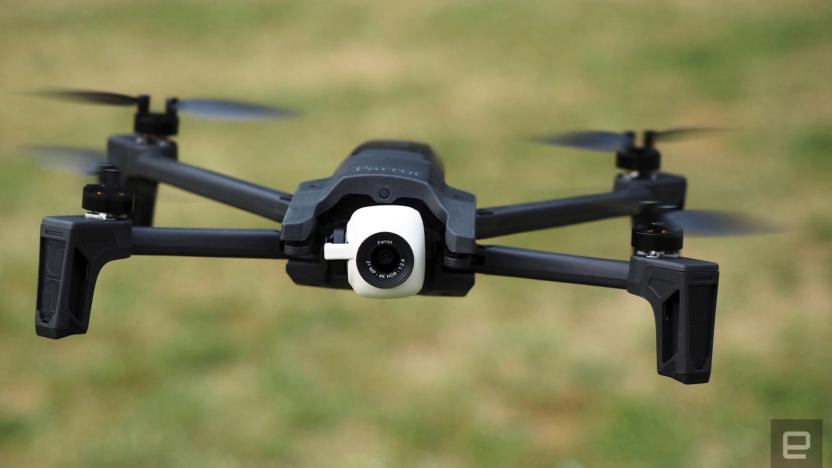
Parrot plans to retire its Mambo and Swing drones
Drone company Parrot, maker of the Anafi 4K folding drone, is reportedly leaving the mini-drone market. This week, Wirecutter confirmed that Parrot is retiring its Mambo and Swing drones, and supposedly, websites like Amazon have been slowly running out of stock.

BlackBerry Messenger is shutting down in May
BlackBerry Messenger (BBM) for consumers is shutting down for good on May 31st. When Indonesia-based media conglomerate Emtek took over its development in 2016, it redesigned the app with modern features in hopes that it can better compete with more popular chat applications these days. Unfortunately, its efforts failed to drum up enough interest in the new BBM.
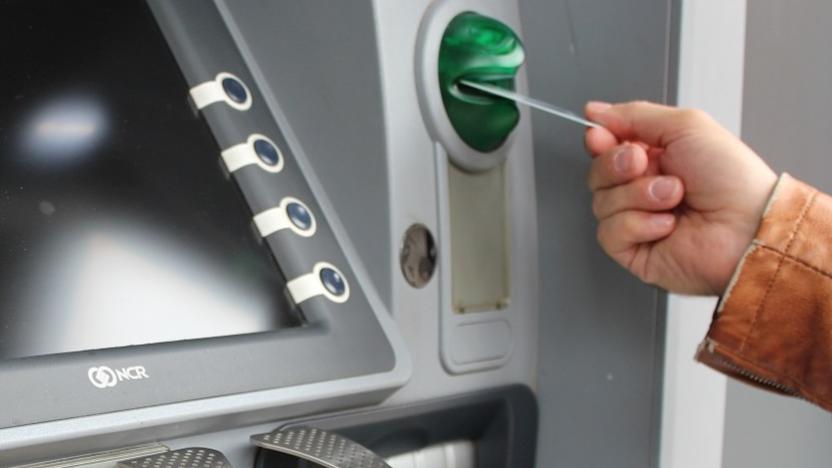
NYPD says 'Skim Reaper' device could curb ATM fraud
Skimming costs US consumers more than a billion dollars a year. The practice, which sees devices illegally installed on ATMs and gas station pumps to "skim" credit card information from unsuspecting users, can affect everyone. Even cybersecurity expert Patrick Traynor, who's now come up with a solution that could end the nefarious crime for good.
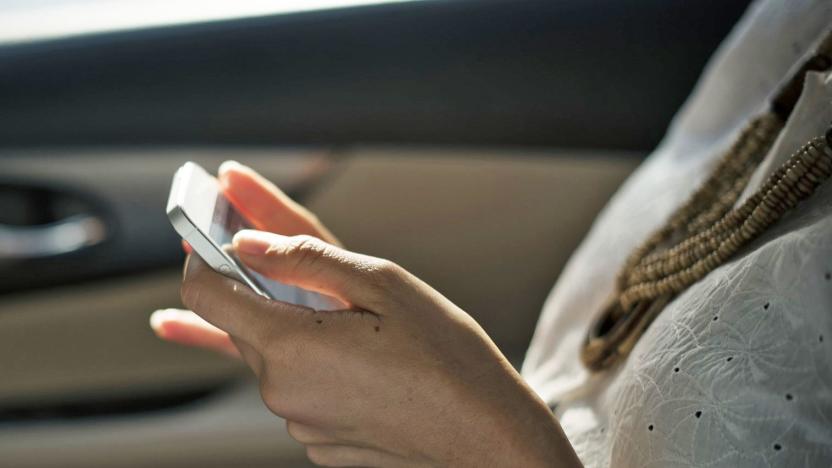
The FCC is helping cable companies evade consumer protection rules
VoIP (Voice over Internet Protocol): is it an information service or a telecommunications service? This is the question that sits at the heart of an ongoing dispute between the Federal Communications Commission (FCC) and the Minnesota Public Utilities Commission (MPUC), as the FCC takes steps to help cable company Charter avoid state consumer protection rules.
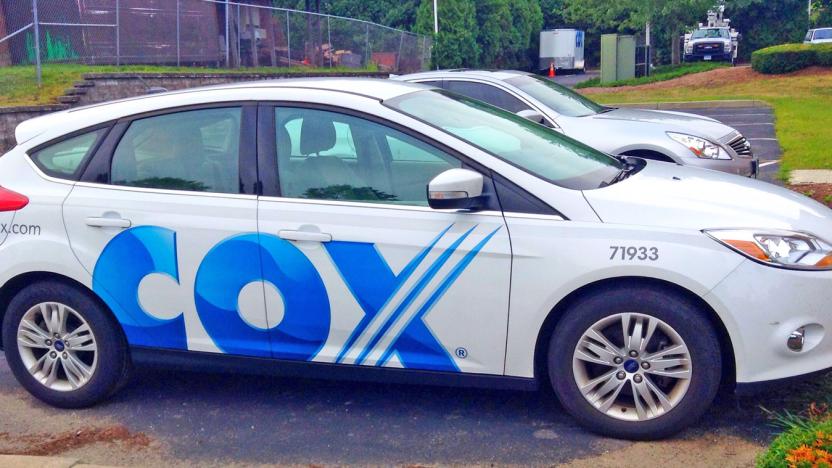
Cox expands its 1TB data caps to more territories
Cox is bringing its terabyte internet data caps to a bunch of new territories, having already introduced the plan to Cleveland, Ohio; Omaha, Nebraska; Sun Valley, Idaho; Florida, and Georgia. As a result, customers in Arizona, Las Vegas, Louisiana, and Oklahoma will now also have to pay $10 for every 50GB of data they consume over the cap -- Cox hasn't announced when it will introduce it to other markets.

PlayStation is still getting away with 'minimum funding' charges
When game consoles stumbled into the modern era, their digital-content stores were a mess. Nintendo's Wii locked its customers into an annoying point system. The Xbox 360 obfuscated the value of Microsoft Points by using an odd 0.8 conversion rate. Sony's PlayStation Store listed its items in real, local currency but still forced users to load up digital wallets with a minimum amount before purchasing anything on the marketplace. Over the years, Nintendo and Microsoft fixed their digital-currency problems, aping Sony's up-front pricing and even improving upon it by allowing users to buy content without requiring them to add funds to a wallet system. Sony, on the other hand, hasn't changed. If you don't promise to spend at least $5 in the PlayStation store, you're not allowed to buy anything at all.

FCC eyes quicker responses to service complaints with new website
If you're ready to air those grievances with your current cable, internet or phone service, the FCC has a new site to collect those complaints. The Commission's Consumer Help Center provides a list of common gripes concerning both broadcast and cable TV, radio, emergency communications and access for those folks with disabilities -- in addition to the aforementioned topics. It also provides tips on how to resolve the issue(s), and if you'd like, you can file a complaint without perusing the list to see where yours fits. Once submitted, each grumble is assigned a tracking number that will allow you to keep tabs on its status. They're sent directly to each network or service provider, and require a written response in 30 days that you'll get a copy of, too. [Photo credit: Brendan Smialowski/AFP/Getty Images]

Online ticket companies could soon face the music over expensive booking fees
Nothing beats going to watch your favourite singer or band play live. UK ticket companies know this, so they've been penalising by charging exorbitant booking and delivery fees for years. That practice could soon be brought firmly into the spotlight, however, thanks to consumer pressure group Which?. The Guardian reports that the charity has given online ticket companies until Wednesday to explain the reasons behind their high mark-ups, which, on average, add 18 percent to face-value ticket prices, or it'll refer the evidence it's been collecting on them to the UK's Competition and Markets Authority. It's highly likely the sellers will choose to remain silent in the face of criticism, but we may finally understand why these so-called fulfilment fees, transaction fees and service charges are appearing when we buy tickets online.

Consumers are out, business is in: Looxcie to focus on Vidcie enterprise solutions
Parting is such sweet sorrow. Shed a tear for Looxcie's consumer aspirations, y'all, because the company has decided that the enterprise is now where it's at. After launching its Vidcie business-focused POV camera system at CES, it seems that Looxcie views the b2b brand as its ticket to profitability. Of course, the company will still sell its consumer products, and you folks who bought a Looxcie 3 or HD won't be left out in the cold, as Looxcie will still support those products and honor their warranties. The shift to focus on the enterprise isn't terribly surprising, given the ample and established competition in the wearable camera market. Still, we shall miss Looxcie's lipstick cams gracing our pages, won't you? (Probably not.)

Pew Research finds 22 percent of adults in US own tablets, low-cost Android on the rise
It shouldn't come as much of a surprise that more Americans than ever now own tablets, but if you'd ever wanted some quantifiable data to go along with that homespun wisdom, then the Pew Research Center is glad to help. According to its latest report, 22 percent of US adults now own a tablet of some form. While the iPad remains the dominant player in the space with a 52 percent market share, this figure starkly contrasts the 81 percent share that Pew reported in 2011. As you might expect, Android tablets have made significant inroads and now account for 48 percent of the overall tablet space. Leading the Android charge is the Kindle Fire, which alone accounts for 21 percent of all tablets sold. It's worth pointing out that Pew's survey was conducted before the release of either the Nexus 7 or the Kindle Fire HD, which means that even the most recent information is a bit behind the curve. You'll find a press release after the break that provides a much broader take on Pew's latest findings in the mobile space, but those who want to go straight to the meat should hit up the source link below.

Editorial: when the ecosystem is the product, picking a favorite isn't easy
Have you ever taken the Myers-Briggs Type Indicator personality test? If not, you will eventually fail in a happy hour when people compare their personality-type acronyms. I took the test years ago, and have no recollection of my official personality type. ENTJ (Extroverted, Intuitive, Thinking, Judging)? ISFP (Introverted, Sensual, Feeling, Perceiving)? No idea. But I can tell you this: I am a WiBG digital citizen. That is my Ecosystem Type Indicator. Back to that in a minute. First, some ecosystem history.

Consumer Cellular axes activation fees, retirees rejoice
Now here's a trend we can really get behind. Consumer Cellular, the "exclusive wireless provider for AARP members" (and a company that caters to the 50+ crowd), has announce that it will no longer be gouging charging its customers the dreaded activation fee. New and current customers looking to procure a phone qualify for the waiver and CC is extending the free activation offer to SIM-only patrons as well. Hopefully, this is the start of a grassroots movement in the wireless industry. The full press release is after the break.

Dell profit drops 33 percent in Q1, both home and corporate sales take a hit
Dell hasn't been having the greatest of years, and the blows are still as heavy as ever in Round Rock's fiscal Q1. Its net profit dipped a steep 33 percent to $635 million, while its overall revenue was down four points to $14.4 billion. Unlike in Q4, the PC builder couldn't point to strong enterprise sales as its savior, either: while its enterprise services' revenues were up two percent, its Large Enterprise group dropped by three points. Outside of small business sales and China, Dell's segments took hits as a whole, with the consumer group down a flinch-worthy 12 percent. The Texas firm is keen to stress that it's morphing into an "end-to-end IT provider" that downplays home sales, but without too many signs of strength in pleasing the suits and ties, we wouldn't count on investors being happy after they read the full details below.

Facebook revealing the personal data it collects, won't spare your drunk-poking blushes
Facebook's massively expanding its Download Your Information service into an all-encompassing archive of the data Mr. Zuckerberg collects about your daily dose of people-stalking. DYL was introduced in 2010 and allowed you to pull down all the photos, posts, messages, friend lists and chat conversations in the archives -- but now will also offer stored IP addresses, previous names you've used, friend requests you've made, with further categories due in the future. It'll have to sate the concerns of privacy organizations worldwide, since it's rumored to collect 84 different categories of information about you (85 if you count all those Instagram photos it just bought). It'll be gradually rolled out to all 845 million users in the coming weeks and is available from your general account settings.

Best Buy to simplify return policy: 30 days, all products (including iPad)
This past weekend, while noting the $50 discount on iPads at Best Buy now in force, I happened to mention the retailer's return policy for tablets (and desktop/laptop computers, as well): 14 days from purchase for a refund. That's aligned with Apple's retail rules, which also allow two weeks to change your mind. (Best Buy apparently is busy removing the iPad 2 from its inventory systems now, per Engadget.) That mention caught the eye of a Best Buy insider, who reached out to let us know about an upcoming shift in the winds. Starting next week, Best Buy plans to offer 30-day returns on all items, iPads and Macs included. This simplification of the customer policies appears to be a major push for Best Buy this quarter, if the screenshots we got are legitimate. An extra two weeks of no-questions-asked product return may not be an earthshaking change, but if you consider it compared to Apple policy, it might shift a few buying decisions. Amazon already offers 30-day returns on all electronics.













